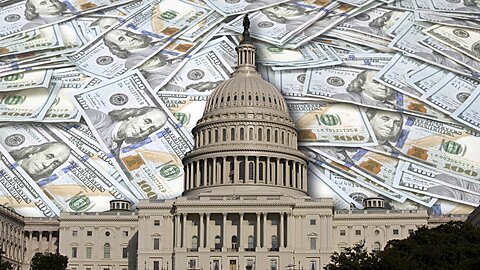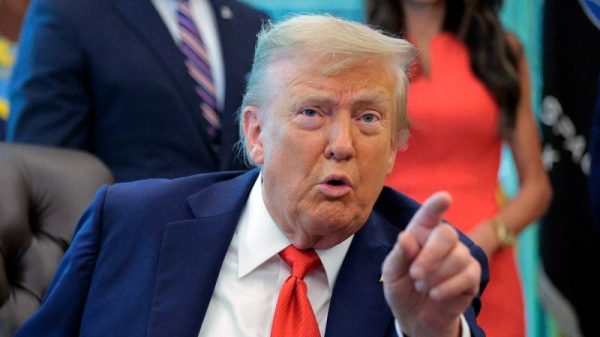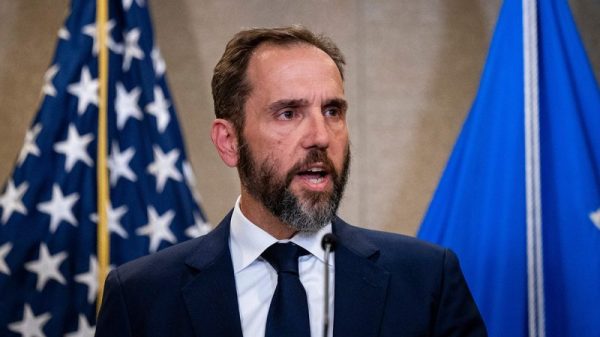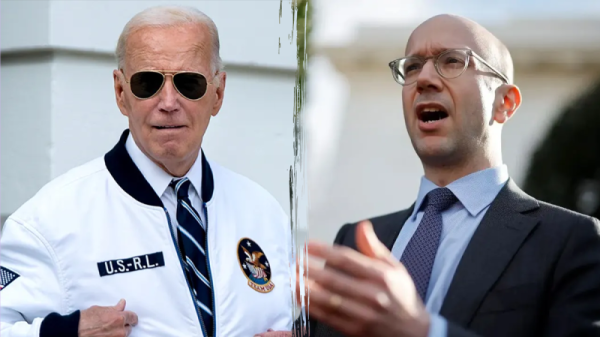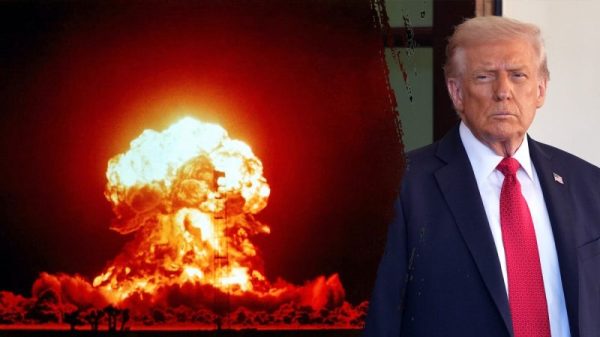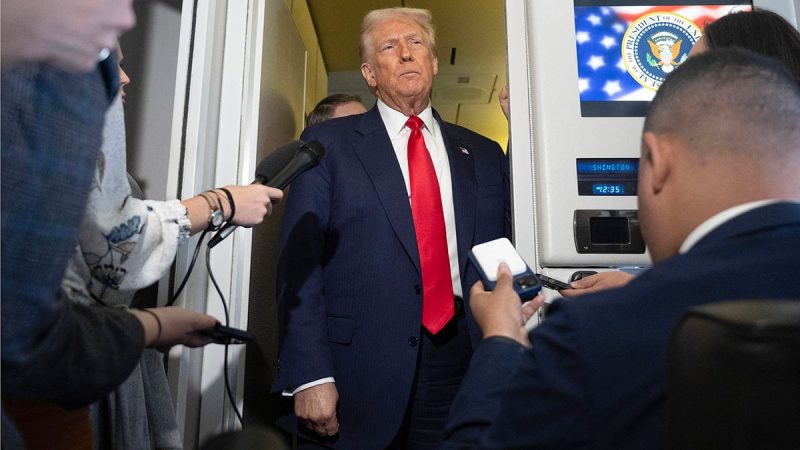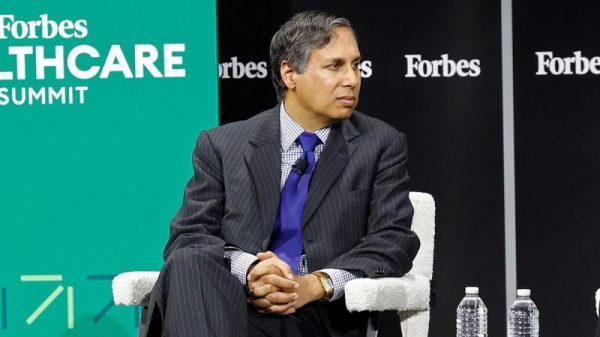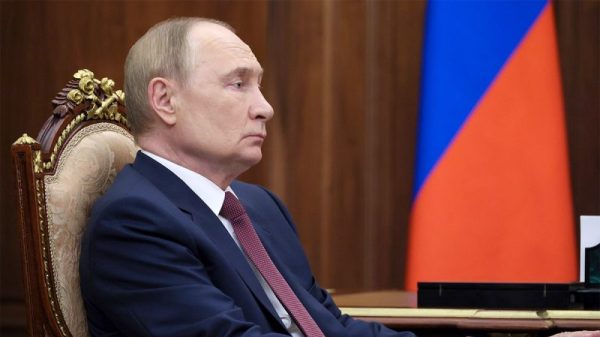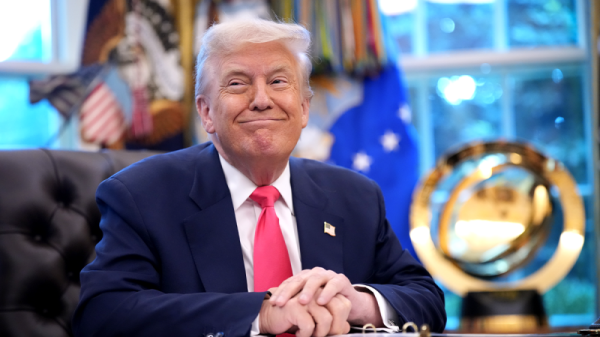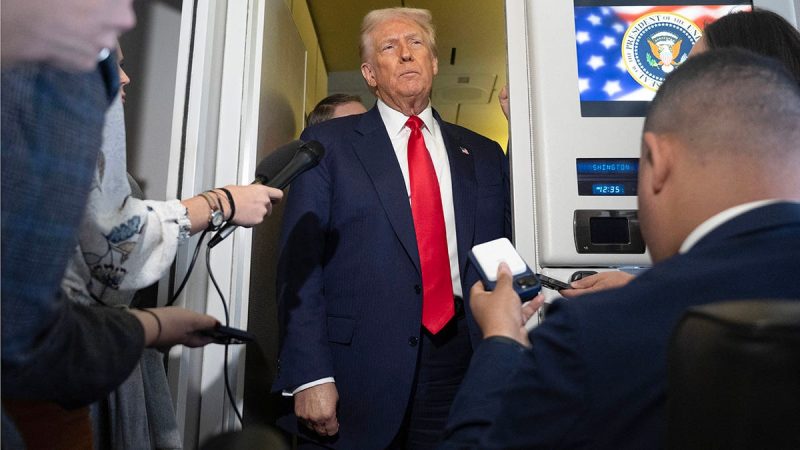
The Senate once again rejected President Donald Trump’s tariffs, this time on a global scale.
Lawmakers in the upper chamber went three for three with resolutions meant to terminate Trump’s use of emergency powers to enact steep tariffs on foreign countries. While the previous two were geared toward specific tariffs on Brazil and Canada, the latest would end tariffs on countries around the world.
Earlier this year, Trump declared through the International Emergency Economic Powers Act that he would enact a base 10% tariff on countries across the world. He argued in his executive order at the time that ‘national emergency arising from conditions reflected in large and persistent annual U.S. goods trade deficits’ as a reason to pull the trigger on the tariffs.
Since then, senators have grumbled about the tariffs and made moves to terminate his usage of emergency powers throughout the year.
And it’s the second time that this particular resolution from Sen. Ron Wyden, D-Ore., has been considered in the Senate.
The first go-round saw the resolution narrowly defeated 49-49, not because of partisan will but because of absences on the day of the vote. At the time, Sens. Mitch McConnell, R-Ky., and Sheldon Whitehouse, D-R.I., were expected to vote for the resolution but missed their chance.
Fast-forward to October, and McConnell joined a foursome of Republicans, including himself and Sens. Lisa Murkowski, R-Alaska, Susan Collins, R-Maine, and Rand Paul, R-Ky., to strike down Trump’s global tariffs. Those same lawmakers all voted against the previous two resolutions, too.
The other tariff-minded legislation would end Trump’s emergency powers to enact 50% tariffs on Brazilian goods and 35% tariffs on Canadian goods.
But they likely won’t go anywhere in the House, which previously voted to reject undermining Trump’s tariff policy until next year.
Meanwhile, Trump announced that after a ‘truly great’ meeting with Chinese President Xi Jinping that he would lower his fentanyl tariffs on China by 10%. That brings the total level of duties on the country down to 47% from 57%.
The reduction comes after China agreed to help stymie the flow of chemicals into the U.S. that are used to create the dangerous narcotic and to ease export controls on rare earth minerals, which manufacturers in the U.S. rely on to create a variety of goods and electronics.
‘There is enormous respect between our two countries, and that will only be enhanced with what just took place,’ Trump said on Truth Social. ‘We agreed on many things, with others, even of high importance, being very close to resolved.’




